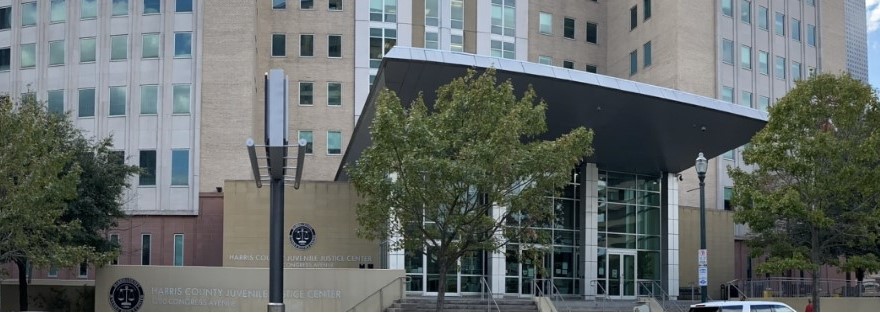Montgomery County Juvenile Defense Attorney
Conroe, Texas Juvenile Defense Attorney James (Jim) Sullivan is a recognized expert in juvenile law and fights to defend children accused of delinquency offenses. Since 1994, James Sullivan has fought to defend thousands of children accused of delinquency. He has defended children in juvenile court on virtually every kind of delinquency case, ranging from misdemeanor possession of marijuana to felony murder. He provides a strong legal defense.
Attorney James Sullivan is Board Certified in Juvenile Law by the Texas Board of Legal Specialization since 2004. He is a recognized expert in the highly specialized area of juvenile law. Sullivan also graduated from Gerry Spence's Trial Lawyers College, the most selective and prestigious trial advocacy program in America.
Juvenile Law Is Not Criminal Law
Juvenile Law is different than criminal
law. Many criminal defense lawyers advertise that they are also
juvenile defense lawyers, yet they may never have tried a juvenile case
to a jury. In order to hold oneself out as a true expert in Juvenile
Law, a lawyer has to be Board Certified in juvenile law. To become Board
Certified, an attorney must:
- have been licensed to practice law for at least five years,
- devoted a required percentage of practice to a specialty area for at least three years,
- handled a wide variety of matters in the area to demonstrate experience and involvement (including at least 3 jury trials, 5 non-jury trials and 3 certification hearings),
- attended continuing education seminars regularly to keep legal training up to date,
- been evaluated by fellow lawyers and judges, and
- passed a 6-hour written examination.
The parents of children caught up in the juvenile justice system are very concerned about how their child’s misdemeanor or felony delinquency case could impact their future. This is a very valid concern. Colleges and universities have access to juvenile records. Clearly, a juvenile delinquent is less likely to receive a highly coveted admission to a top school. Licensing agencies of government have access and a juvenile record could impact their career path. Also, law enforcement has access to juvenile records. When juveniles are stopped by the police, they may be treated differently when the police know that they have a record. There are several other ways that a juvenile record could impact your child.


